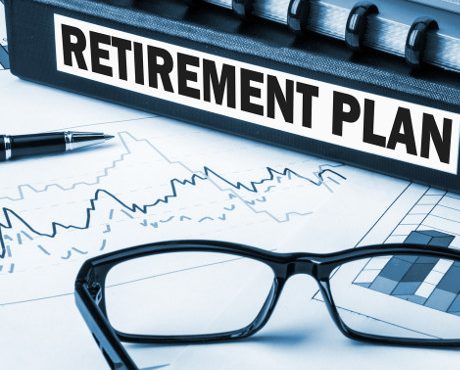Strategies to Build Your Retirement Savings in Your 30s
For 30-year-olds, saving for retirement can be tricky. However, this is also the age when you’ll benefit the most if you start building your retirement nest egg.
The truth, however, is that your 30s is the decade which brings a lot of financial burden onto your shoulders. And for many, saving for retirement is probably the last thing they worry about at a time when they’re settling down in their professional life.
In your 30s, many have to pay off their student loans, begin starting a family, and/or buy a home. On top of these big expenses comes small things which top up their credit cards. This is also the decade when you’re most fearful of taking investment-related risks. Your savings are very small and you don’t want to risk lost it all in volatile markets.
But despite all these challenges, this is also the best time to start planning and saving for retirement. In your 30s, you have a lot of time to compound the money you have invested in retirement savings accounts.
Many smart young professionals start retirement planning in their 30s. If you put your money to work at this age, you’ll be able to unlock the true power of compounding when you multiply your retirement assets by reinvesting them.
Here is my advice for planning for your retirement if you’re in your 30s and still not sure where to start.
Max Out Your 401(k) Savings Account
Your contribution to an employer-sponsored fund, such as a 401(k), is the best place to start building you retirement nest egg. These funds allow you to contribute a certain amount or percentage of your income into a retirement savings account.
The biggest advantage of employer-sponsored retirement plans is that you get a matching contribution from your company, and that’s the free money you shouldn’t miss.
With defined contribution plans such as a 401(k), you’re in control of your saving accounts. Your contributions are automatically deducted from your paycheck, so you don’t have to make efforts each month to save for your retirement. And as you progress in your career and make more money, you should gradually increase your contributions into your retirement savings.
Resist the urge to increase your unproductive spending as your wages rise. If you can’t afford to stash all of your pay increases into retirement funds, gradually increase contributions over time so that eventually, you’re saving between 15% to 20% of your total income.
You’d be thrilled to know that how big a difference it makes when you continue to add on to your saving accounts, even if it’s as small as one percent of your income. For example, a 30-year-old who saves six percent of a $50,000 salary, or $3,000 a year, will have nearly $840,000 banked by the time he or she has to start taking funds from the 401(k) at age 70-and-a-half, assuming you have an eight-percent rate of return.
Understand Investing
The biggest mistake some young professionals in their 30s make is that they don’t educate themselves about investing and what savings can do for them. This is a natural tendency in your 30s because you’re so focused on doing better at your job and meeting your daily expenses that it leaves a little room to follow the markets.
The first piece of advice I give to young professionals about their retirement planning is to open a mock investment portfolio with stocks of their favorite companies. By doing this, one will be able to understand the basics of investing and learn how to keep an eye on existing retirement savings to ensure opportunities for growth are not being squandered.
Also Read:
5 Retirement Planning Do’s and Dont’s
How to Use Dividend Stocks to Retire Early
Be Aggressive in Your Investing Approach
In your 30s, you need to be aggressive in your investing style. What means is allocating more of your retirement assets into stocks with growth potential and less into low-risk, fixed-income assets. This will enable you to generate a solid rate of return on your retirement savings. Historically, equities have produced higher returns than other asset classes.
Buying exchange-traded funds (ETFs), which track an index such as the S&P 500, may be a good idea. ETFs are more efficient at producing higher returns for investors, and change lower fees, than mutual funds.
Consider Opening a Roth 401(k) Account
If you’re able to spare more cash after your contribution to company-funded plans such as a 401(k), then consider opening a Roth 401(k). In this account, you save with after-tax dollars and you won’t pay income taxes on withdrawals.
Finally, resist the urge to cash out your 401(k) as you move between different jobs or when you face temporary financial constraints. On a $10,000 balance, you could be left with just $7,000 after taxes and penalties–not a good choice when you can grow that money over time to build your savings for retirement.
